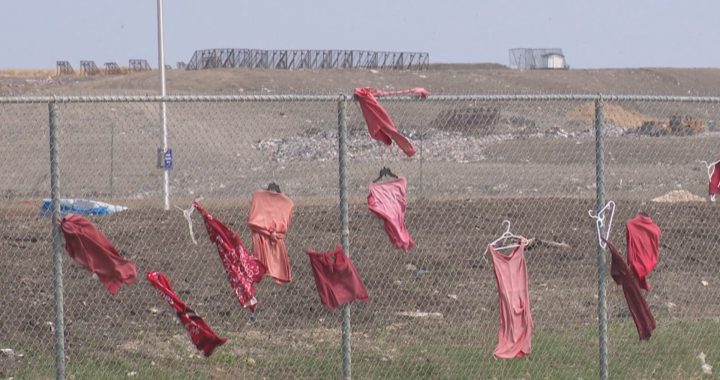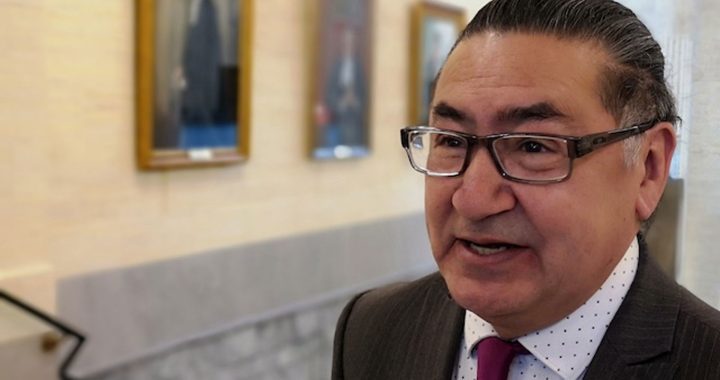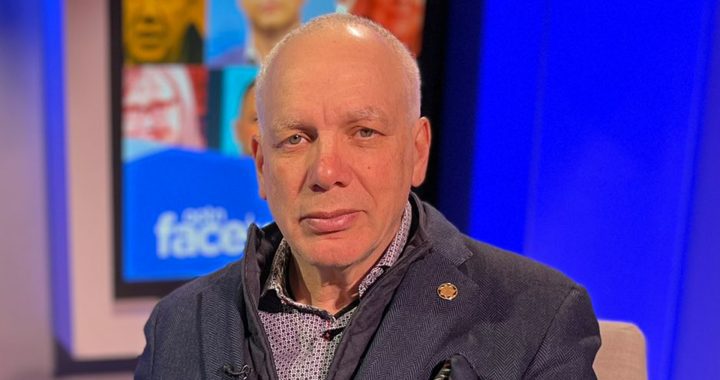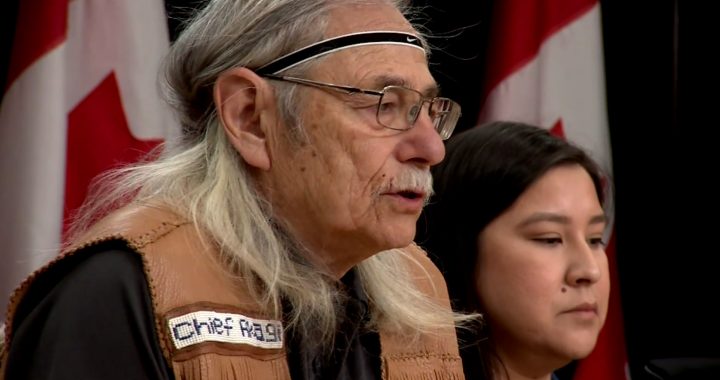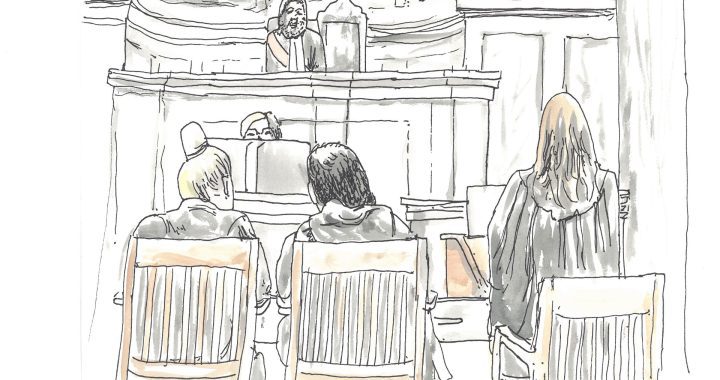A burned down, abandoned apartment building in Winnipeg will soon be a new housing project that will house 18 apartment units for young people aging out of the child and family services system in Winnipeg.
The Shawenim Abinoojii organization is part of the southeast tribal council in Manitoba.
They received $2.83 million from the federal government’s rapid housing initiative to buy the building.
“The 18 suites, we could probably fill these up next week with young people that are currently looking for places to stay,” said Shawenim Abinoojii Executive Director Jason Whitford.
It’s part of their memengoo program, which supports transitioning youth or those who have already exited from care, and memengoo is Anishinaabe for butterfly.
“The memengoo program supports young people leaving child welfare as young as age 16, up to age 25, so these are very, very high numbers of young people and that’s a very high needed area where resources need to be directed and support needs to be provided to young people,” Whitford told APTN News.
“Leaving a home at age 18 is difficult enough if you have no supports, so what the memengoo tries to do is tries to extend the wing of support around young people that are getting to adult age and sometimes they’re having children already and they’re still needing support, whether they’re going to school or going to work, finding independence in their own place.”
Brandy Kowal is memengoo’s project manager and said the new housing project isn’t just about apartments.
“The top three floors of this building are going to be 18 apartments, six of them are two bedrooms so we’ll be able to house up to 24 young people. The lower level is going to be resource space so we’ll have some programming rooms, a cultural space, we’ll have a computer area for our young people, a teaching kitchen so there will be a lot of learning, sharing and growing and healing in that kind of space down there,” she said.
A big part of this Shawenim Abinoojii project is engaging not only the communities but also the youth in any decisions that are made, since they will be the ones staying there.
“We’re making sure that we’re getting youth input throughout the project every step of the way including doing a youth survey, asking youth what they would feel what their ideal apartment would look and feel like. Maybe they want pets, maybe they don’t. Maybe they want it furnished or maybe they don’t want it furnished, but we’re just really making sure throughout that process we’re getting their input,” said Raven Boulanger, a resource development specialist at Shawenim Abinoojii.
Kowal hopes this initiative will be part of the bigger picture of ending homelessness.
“This building is going to serve people that are in and from care, so a lot of young people as they’re exiting care they’re facing a lot of struggles like homelessness, poverty and just a range of social issues. And so what we hope to do with this building is to prevent some of those issues by providing more long term and ongoing supports and that’s huge,” she said.
“We need that in our community, a lot of our homeless population has experienced time in CFS care and a lot of our homeless population who was in CFS care experienced homelessness within a year of aging out of care so if we can fill in the supports and fill in that gap of time, then I think we have a better chance of preventing homelessness long term.”
The money that they received from the rapid housing initiative only covers part of the expenses. The organization is still looking for funding for other expenses involved with the building and estimate the cost at around $5 million total.
The search for funding has led them to having a fundraiser through Hockey Helps the Homeless where they have set a goal of $10,000. Hockey helps the homeless is a not for profit hockey charity that focuses on housing projects and supports for people throughout cities across Canada. The charity does so by hosting Pro-Am and collegiate hockey tournaments in various cities.
Construction started at the beginning of April and the goal is to have people in the building by December of 2021, within the 12 month timeframe as outlined in the rapid housing initiative.




